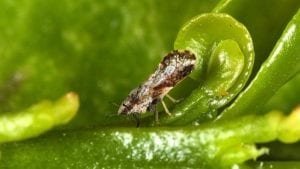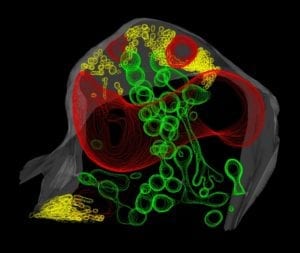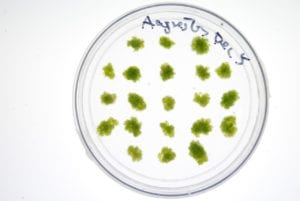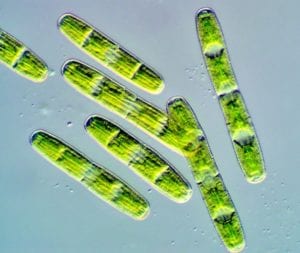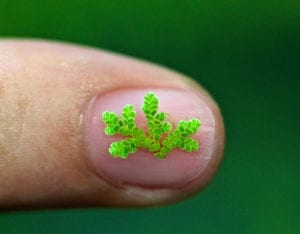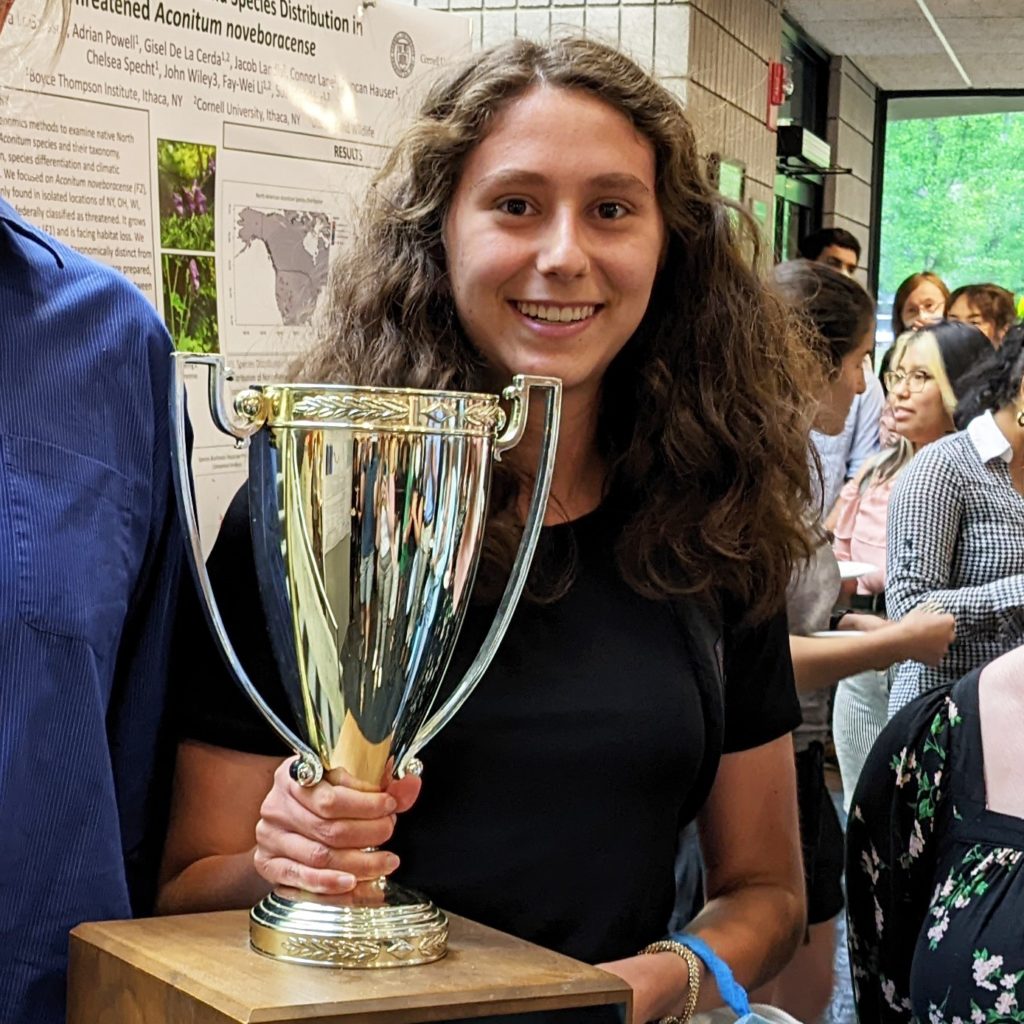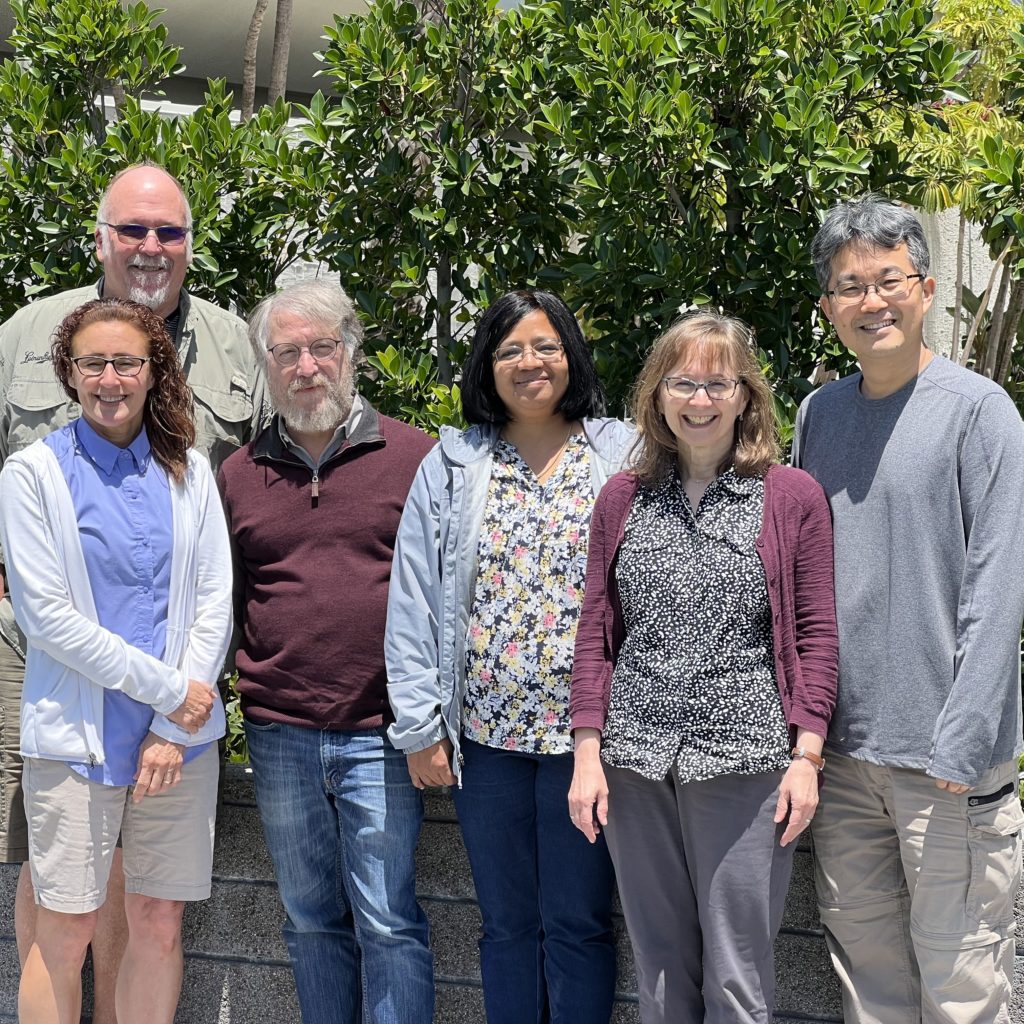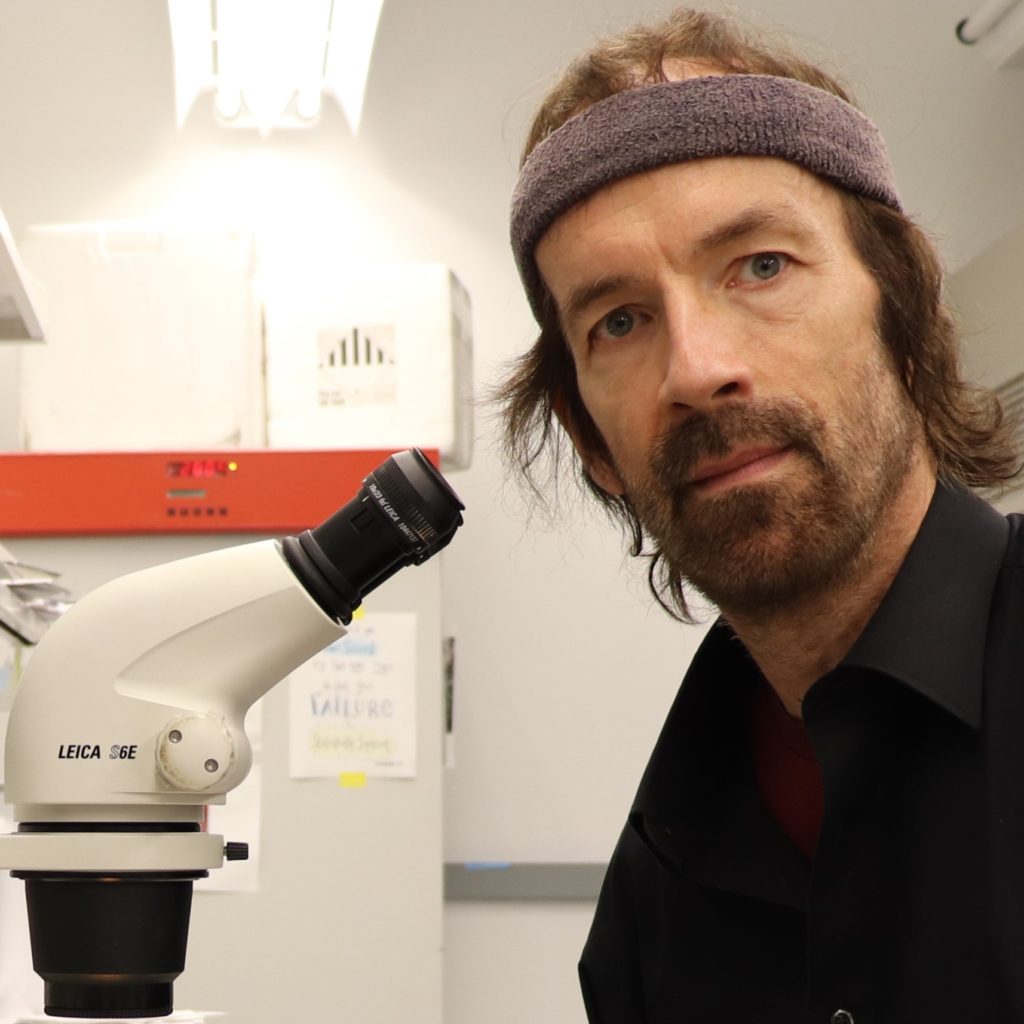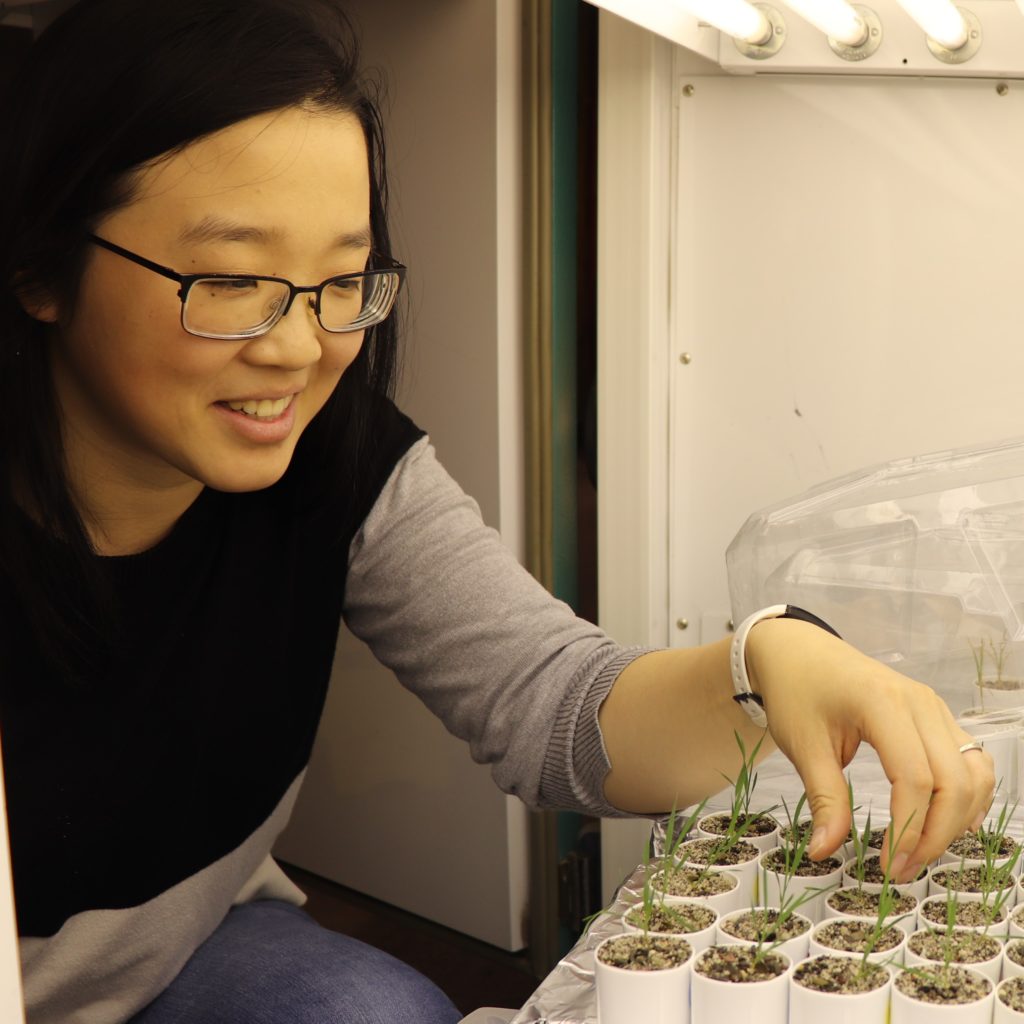For the Media
If you’re a member of the media looking for a compelling story, we can help. Our communications team is ready to help any journalist find the perfect story and accurate information about BTI’s latest discoveries.
Contact
Communications Office or 607-288-2578
For a deeper understanding of Boyce Thompson Institute, please watch the video about our story, view our history, and learn more about what we study.
Our research faculty are available for interviews and expert opinion. View BTI Faculty research areas.
Need a Logo?
Contact the Communications Office to request high-resolution images to accompany media releases.
Latest News
Reflections on Vladimir “Vlado” Macko (1930 – 2022)
We at BTI were sad to hear of the passing of Dr. Vladimir “Vlado” Macko, a plant biochemist who spent nearly 30 years conducting research at BTI. After joining BTI to work on rust fungi in December 1969, Macko and his colleagues discovered the chemical nature of...
BTI Celebrates Another Year of Successful Summer Internship Programs
Boyce Thompson Institute celebrated its 22nd annual Plant Genome Research Program (PGRP) summer internship program with an award ceremony at the George and Helen Kohut Symposium, which was held at the Institute on August 4. BTI also concluded the fourth year of its...
PlantGENE to catalyze plant biotechnology improvement
As the global population booms and climate change continues, improving crops to produce more food, use less resources like water and pesticides, and survive harsher environments will be needed to feed the planet sustainably. For example, fungal diseases are...
Worms as a model for personalized medicine
Tailoring a person’s diet or medicine based on their genomes has been a goal of the medical community for decades, but the strategy has not been widely successful because people metabolize chemicals differently. A drug may work differently for two patients because...
Phosphate biosensors could lead to more efficient fertilizer usage
Shiqi Zhang spent many months sitting alone in a dark room, staring intently into the lens of a confocal microscope as she focused a laser beam on plant cells mounted on a glass slide. She was measuring changes in the intensity of fluorescent light emitted by the...

